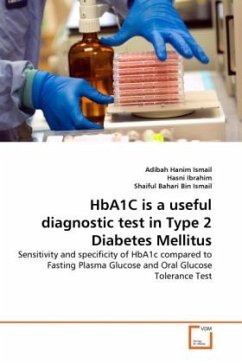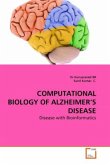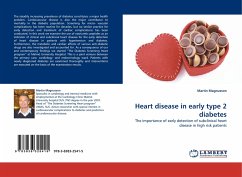Alzheimer's disease and type 2 diabetes are two devastating diseases that are expected to reach global epidemic proportions in the near future. Currently, treatments for them only provide limited symptomatic relief, highlighting the incomplete understanding of their etiologies. Previously, epidemiological studies have shown that patients with type 2 diabetes are more likely to develop Alzheimer's disease. However, the definitive reason for this remains largely unknown. Amyloid plaque formation is a consistent observation in Alzheimer's disease and type 2 diabetes, and involves a specific change in the structures of amyloid-beta and amylin, respectively. As such, Alzheimer's disease and type 2 diabetes can be categorized as conformational diseases. Using an amyloid-centric approach, this work investigates the toxicity profiles shared between Alzheimer's disease and type 2 diabetes to help explain the comorbidity of these diseases. Furthermore, this work also elucidates novel putative candidates for future therapeutic strategies, which may also be relevant to other amyloidoses.








